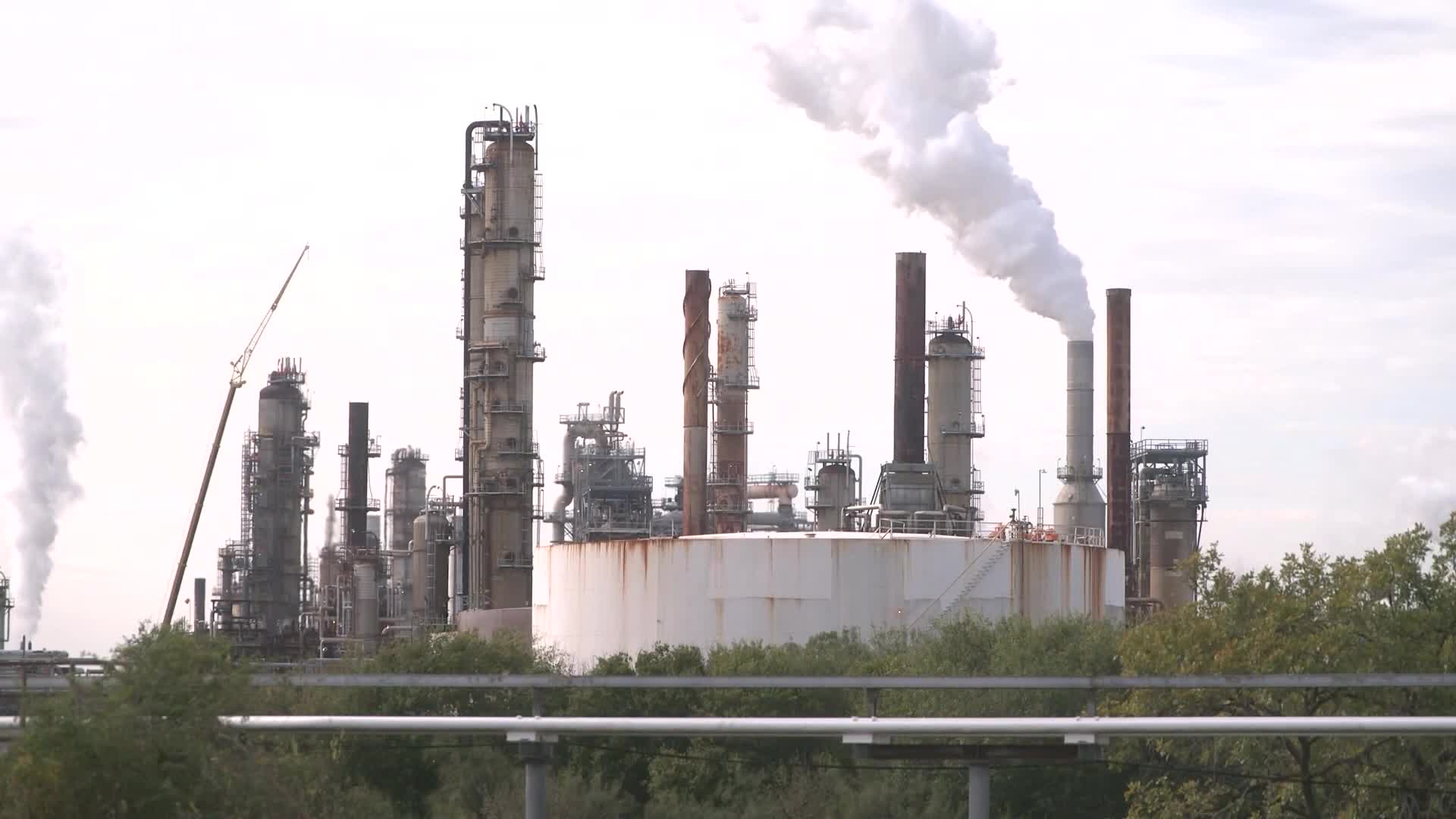The International Court of Justice (ICJ), the top United Nations court, decided Wednesday that countries would be violating international law if they fail to do their part to protect the planet from ongoing climate issues.
The unanimous opinion welcomed by legal experts and climate advocates as a “new era of accountability” could signal a potential turning point in international climate law, as the court affirmed a “clean, healthy and sustainable environment” is a human right.
"If this decision is referred to and internalized into the state practice of the global legal community, the U.S. will find itself further isolated on the world stage of global climate policy," explained Shana Tabak, a professor at Georgetown Law with expertise in the intersectionality of the climate crisis and human mobility. "If states heed this warning, as the Court aims for them to do, we can hope to see states more aggressively pursuing energy transitions not reliant on fossil fuels; countries like the US that choose to ignore this will be left behind in the global economy."
Judge Yuji Iwasawa, the ICJ president, detailed that such an environment is “a precondition for the enjoyment of many human rights, such as the right to life, right to health, and right to an adequate standard of living, including access to water, food and housing.”
Advisory opinions are not binding — they are typically viewed with authority as the World Court summarizes and distills existing law, instead of creating law.
However, they can be used in figure litigation against corporate polluters, to supplement political or climate negotiations, and could compel countries to implement stronger climate policies.
RELATED STORY | EPA is closing its research and development office as part of a major agency cut-down
Judge Iwasawa noted that international law plays a limited role in resolving the climate change problem.
“The questions posed represent more than a legal problem,” he said, “They concern an existential problem of planetary proportions, that imperils all forms of life and the very health of our planet. A complete solution to this daunting and self-inflicted problem requires the contribution of all fields of human knowledge, whether law, science, economics, or any other.”
The UN requested the ICJ review and administer advisory opinions on the obligations of states when it comes to the impacts of climate change in 2023, with a panel of 15 judges in the Great Hall of Justice in the Netherlands considering two main questions to protect the rights of present and future generations against the adverse effects of climate change:
- What are countries obliged to do under international law to protect the climate and environment from human-caused greenhouse gas emissions?
- What are the legal consequences for governments when their acts, or lack of action, have significantly harmed the climate and environment?
The court advised state parties do, in fact, have an obligation to adopt measures to mitigate greenhouse gas emissions and that there is a duty to cooperate with each other to meet that goal.
As for legal consequences, if a state breaches an obligation, the court advises that the country be held accountable via cessation of wrong actions, assurances of no repetition, and full reparation.
The International Court also affirmed that states not party to one or more of the UN climate treaties — like the United States, which pulled out of the Paris Climate Agreement for a second time once President Donald Trump took office in January 2025 — must still meet equivalent obligations under customary international law.
Additionally, without naming the United States, the Court notes failure of a State to regulate fossil fuel production, fossil fuel consumption, the granting of fossil fuel licenses, or fossil fuel subsidies may "constitute an internationally wrongful act.”
The landmark case was ignited by a grassroots movement in the small Pacific island nation of Vanuatu, but later gained backing from over 100 other countries, leading to an unprecedented volume of written submissions to the court.
“What a victory for climate justice!” Seb Duyck, a senior attorney at the Center for International Environmental Law, posted on X following the opinion’s delivery. “On fossil fuels, right to a healthy environment, historic responsibility, compensation, duties of States withdrawing from Paris: the Court’s affirmation of legal principles will enable a new era of accountability.”
The court has spent the last two years reviewing different international treaties that exist to reach its decision, in addition to two weeks of hearings last December at the ICJ.












